NATO foreign ministers met virtually for an extraordinary meeting on Friday afternoon. The main topic: the deployment of Russian forces on the border with Ukraine and the consequences for the Western military alliance. It was about a common position for a series of meetings, including direct talks between the United States and Russia on Monday in Geneva. The development in Kazakhstan now also has an inevitable impact on considerations in the Ukraine conflict, according to SRF diplomatic correspondent Freddy Gesteiger.
SRF News: What came out of the meeting?
Freddy Gesteiger: The meeting resulted in the first place showing unity. In essence, it was a matter of NATO members categorically rejecting the two main Russian demands. The first relates to abandoning another NATO expansion. It would affect not only Ukraine, Georgia, Moldova and Bosnia, but also Sweden and Finland, if they wanted to join. NATO principle: Sovereign countries should be able to choose their alliances freely.
The second major Russian demand that NATO forces or weapons not be deployed in the former Soviet republics is categorically rejected. Because then the three Baltic states will become second-class members of NATO and the Alliance can no longer truly defend them.
Did European countries want to give the United States red lines for negotiations with Moscow next week?
Maybe that’s what it was. In Geneva, the United States should not make concessions to Russia at the expense of European security. At the same time, a kind of “counter-offer” was formulated for Russia today, assuring that Russian concerns are taken seriously and that Moscow is now ready for dialogue. For its part, NATO is ready to negotiate arms control, both nuclear and conventional.
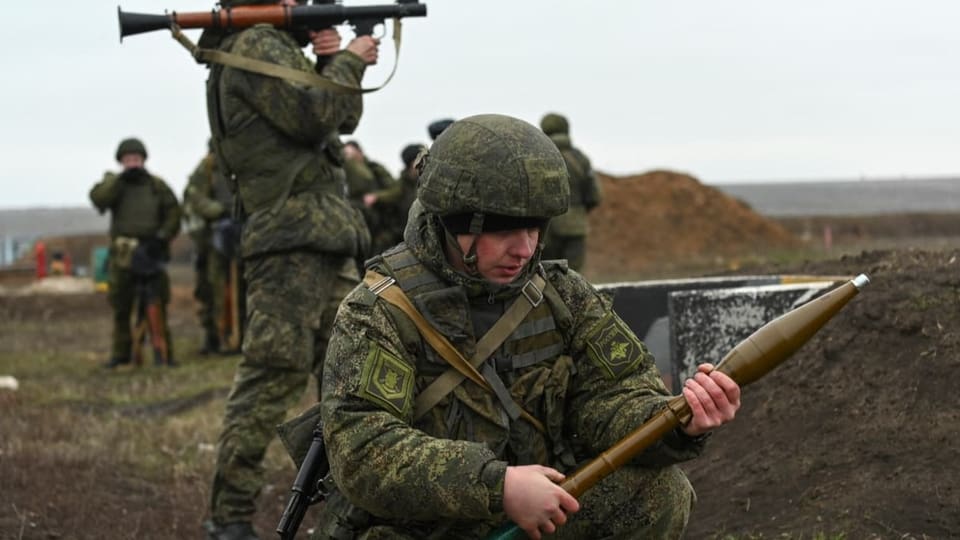
Legend:
Russian hand grenades during a military exercise on December 14, 2021 in the Rostov region, about 180 kilometers from the border with Ukraine.
Reuters / Archives
The European Union is out of the negotiations in one way or another. Can European countries intervene again through NATO?
At least that’s what they want to experience. You do not want two superpowers to decide who is responsible for European security or not. It is clear that the Americans could have been involved in this area as much as NATO Secretary General Jens Stoltenberg said clearly that the United States would not decide anything with Moscow on Monday in Geneva regarding the Europeans without their participation. However, the truth is that currently the ball is with the greats and Russia only wants to negotiate with the Americans on an equal footing.
Was the unrest in Kazakhstan and the Russian military clash a problem, too?
It cannot be avoided. The NATO statement on Kazakhstan remains vague and, in addition to concern, includes a call for respect for human rights. Naturally, developments in Kazakhstan have an impact on considerations in the Ukraine conflict. However, in a paradoxical way: there is, for example, a military consideration that prolonged Russian involvement in Kazakhstan could reduce the appetite for an attack on Ukraine. The political consideration, in turn, is that Moscow can intervene very quickly in Ukraine because after Belarus, the second friendly regime is now under pressure from its own people. Thus, the consequences of the Kazakhstan crisis on the Ukrainian crisis are relatively open, depending on the weighting.
Interviewed by Christina Scheidegger.

“Tv specialist. Friendly web geek. Food scholar. Extreme coffee junkie.”


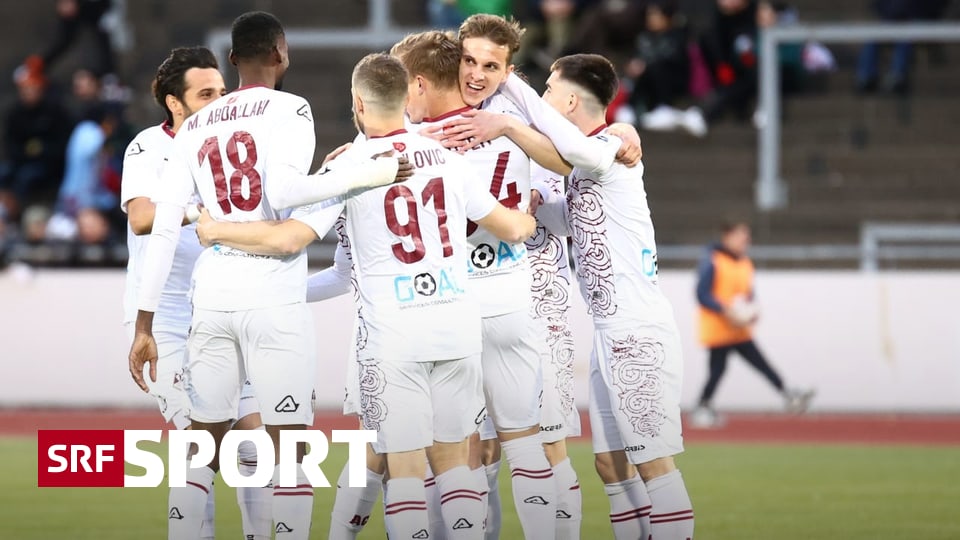
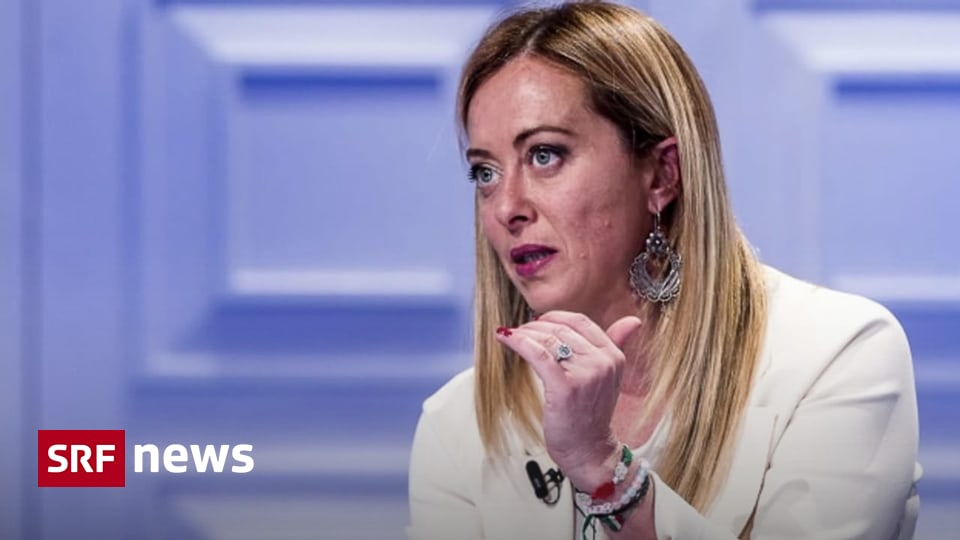

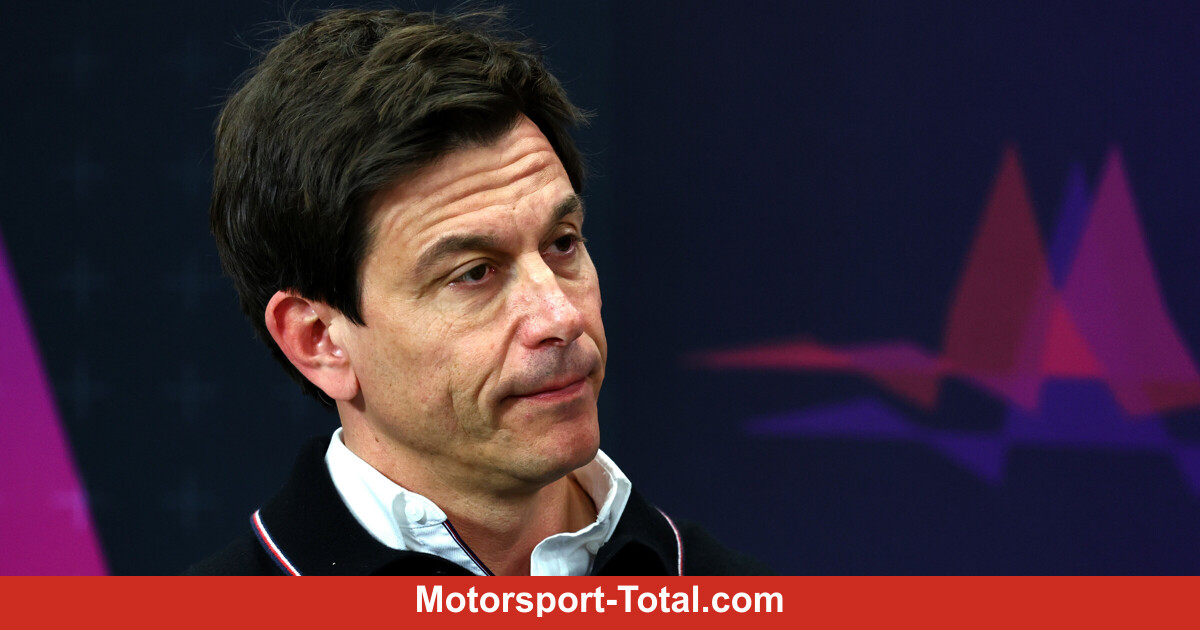
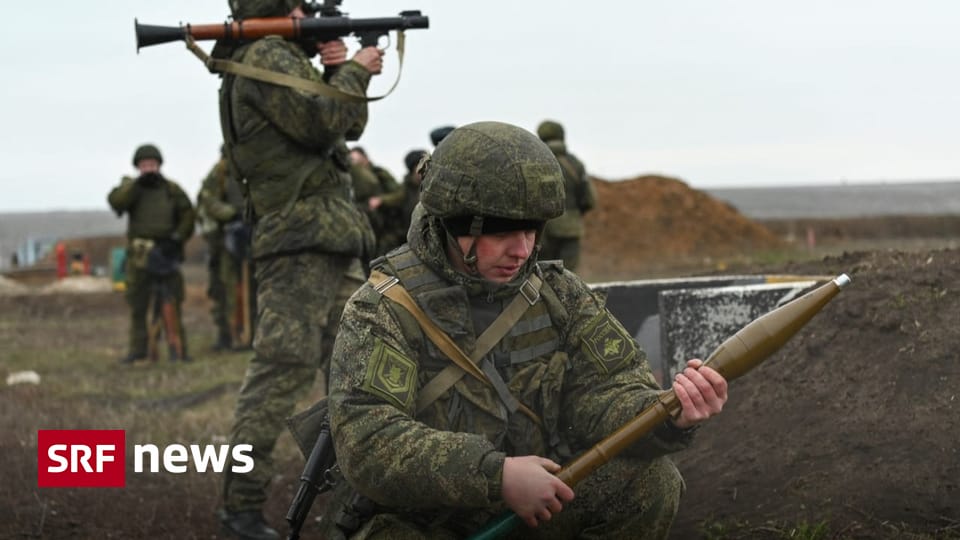
More Stories
Italy: State broadcaster RAI in crisis over Meloni – News
North Korea has a new (propaganda) song, sorry sausage
Plane from Olympic Airlines: Ellinikon's Boeing 727 is designed in a new location